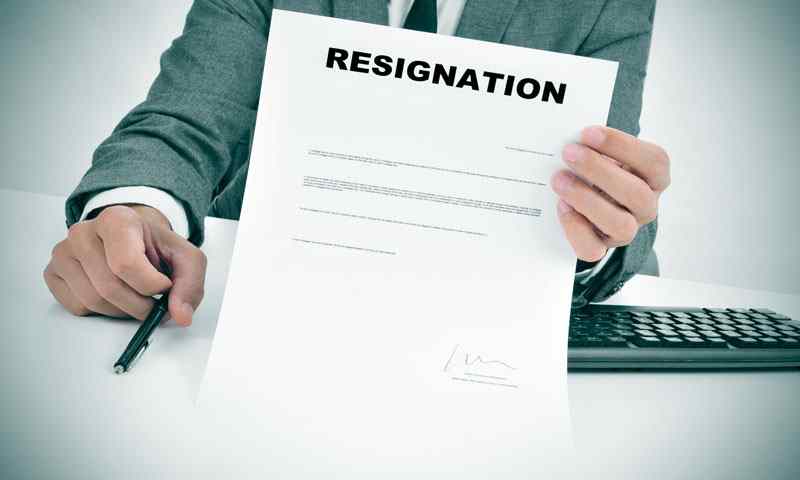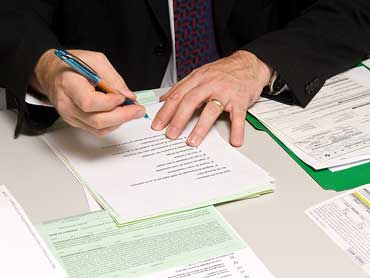A three-judge panel of the 6th U.S. Circuit Court of Appeals in Cincinnati has overturned a ruling given by a federal judge last year and has ruled Kentucky’s ban on liquor sales in groceries to be valid. Last year, the federal court in Louisville struck down the ban for violating the equal protection clause of the 14th Amendment of the U.S. Constitution.
In the ruling that has now been reversed, U.S. District Judge John Heyburn had held that it was unconstitutional to allow liquor sales in drug stores while banning them in groceries and convenience stores. Heyburn had asked why a store like Walgreens that sold both drugs and groceries could sell wine and liquor, but a store like Kroger that sold only pharmaceuticals could not.
Heyburn’s ruling was never implemented as the state made an immediate appeal against it.
Now, as a result of that appeal, the 6th Circuit has ruled that the state can restrict the right to sell liquor “just as a parent can reduce a child’s access to liquor.” And, the court observed, “the state can also reduce access by limiting the types of places that supply it.”
Stephen Pitt, the attorney for the Food with Wine Coalition said the appeals court had failed, “to consider the fact that in today’s business environment, there is very little difference between so-called grocery stores, which are not able to sell wine, and so-called drug stores, which are.”
The appeals court further observed, “The state indisputably maintains a legitimate interest in reducing access to products with high alcohol content … The state’s interest applies not only to the general public; minors, inexperienced and impressionable, require particular vigilance.”
The 1938 law bans wine and liquor sales at stores where at 10 percent or more of sales include groceries or gasoline. Groceries that want to avoid the ban can apply for liquor licenses for separate stores with separate entrances.










































